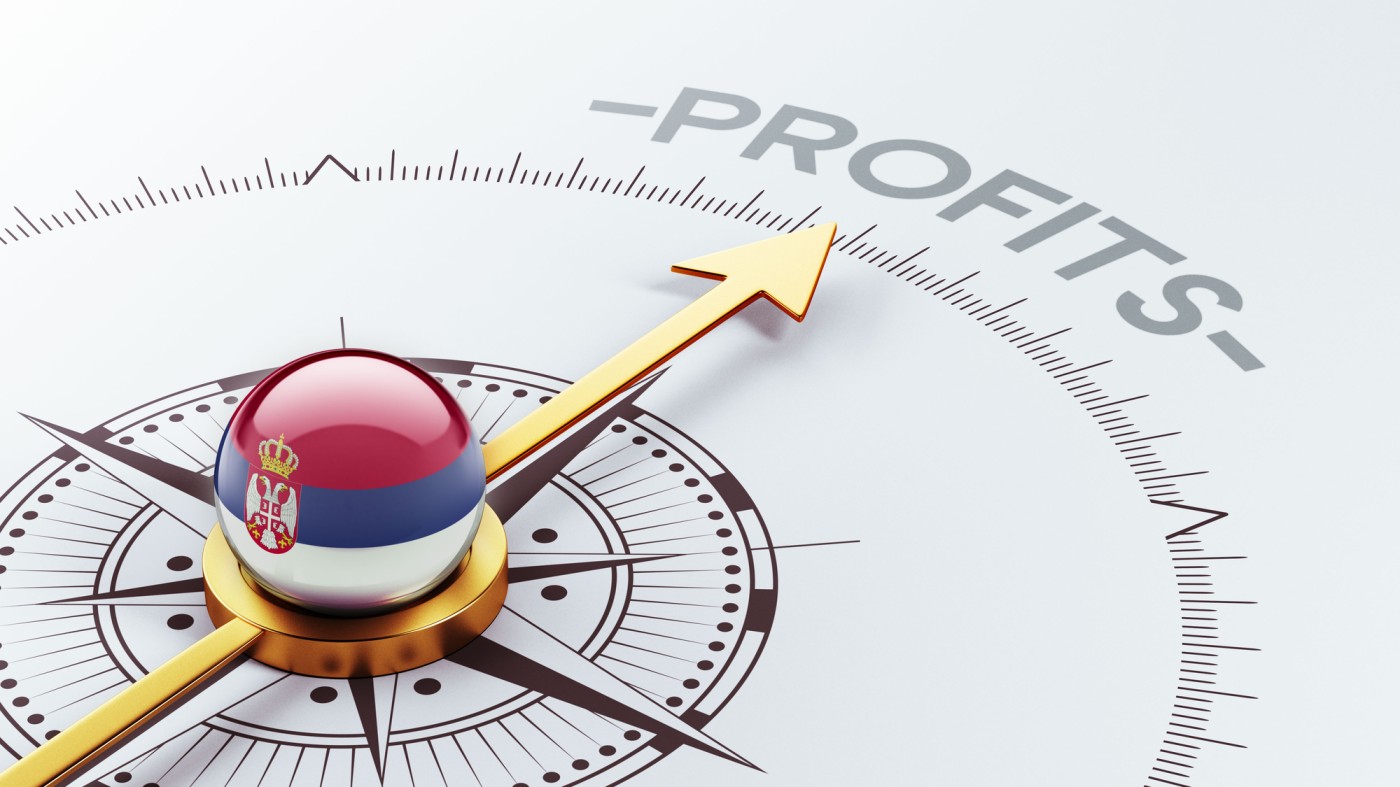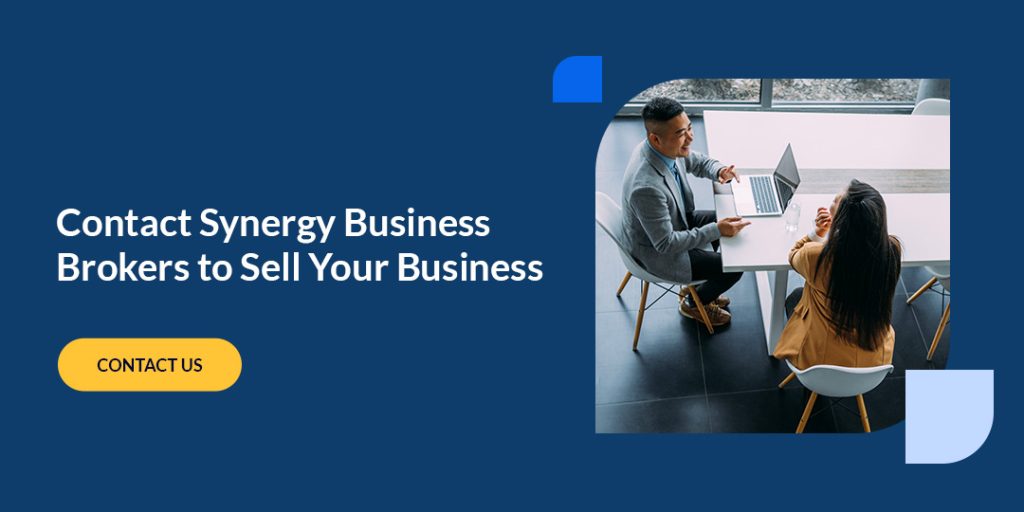
Blake Taylor
What Is the Best Way to Sell a Profitable Business?
Selling a profitable business is one of the most significant financial decisions you can make as a business owner. A …
7 MIN READ
Read More

What happens to cash when selling a business depends on the details of the sale. Technically, anything can happen to your business’s cash based on the terms of your sales agreement or contract. However, you probably want to know what usually happens with your business’s money when you sell it. What is typical depends on the size of your company.
In many sales, the seller keeps the company’s cash on hand and funds in bank accounts, but there are more details to consider regarding retaining the money your business made.
If your business sells for less than $1 million, you usually keep the money that is in your business account. For a business selling for more than $5 million, some cash or working capital is often included in the sale of the business.
These are just guidelines, and it really depends on what is negotiated as part of the purchase price. The larger the sale, the more likely that a private equity firm or sophisticated buyer will purchase the company, and they will often include working capital in their offer for the business.
A buyer might request that a certain amount of working capital be included in the sale so they can pay the bills without having to add additional cash beyond the purchase price of the business.
Why would this matter? For a buyer, this is helpful because the added cash to run the business is simply included in the purchase price and in the loan they take out to buy your business. Less accounting work is then needed for the buyer of your business.
Net working capital (NWC) is a company’s assets minus its liabilities. Working capital usually consists of enough cash and accounts receivable necessary to pay the business’s ordinary expenses.
You know your business cannot function without a certain amount of cash flow. In a business sale, this amount is often called the target or required working capital. Even if a sale includes required working capital, it might not include all of a company’s cash.
An important part of understanding what money you are entitled to in the sale of your business is knowing what is considered a cash asset and what is part of the regular business functionality.
Is cash an asset in the sale of your business? What is considered “cash” for your company? In business, there are cash assets and cash equivalents.
Cash assets in your company are the existing small cash on hand — also called petty cash — and cash in the business’s savings and checking accounts during the sale of your business. Depending upon how much working capital if any is included in the sale, you may be allowed to receive all or some of the cash on hand and money in your business’s savings account when you sell it.
Cash equivalents are assets that can quickly be converted to cash, such as money market accounts. Cash equivalents may be included in the sale of your business if working capital is included.
Accounts receivable are not considered cash, and the buyer usually gets to keep that with an asset sale, but not a stock sale, but of course, that also can vary as well. These are just guidelines with what is most common.
There are a few ways you can take cash out of your business. It’s best to consult a professional accountant to determine the most effective way to take the cash out of your business. Since businesses and their internal finance structure can vary, having a professional assess your company accounts is your best resource for these matters.
Most business owners receive cash from their business through regular salary or bonus checks. Many business owners take a payout in the form of company benefits, retirement plans, or deductible expenses since these can reduce taxes while providing for a business owner and their family.
Note that, as the business seller, you can integrate it into your contract that you remain on the business’s healthcare after you leave. This clause can be very helpful as you enter retirement, so you do not have to seek out your own private healthcare.
Withdrawing a large sum of cash from your business can be costly in taxes. Your accountant can advise you on the most effective way to withdraw the financial resources from your business when you sell it.

While the cash of a business is technically an asset on its balance sheet, it is not usually an asset included in the sale of a business unless that is negotiated. It’s uncommon to include cash in the sale of your business, but it can be beneficial when the buyer requires working capital from the start of their ownership.
If your business has cash and debt, you can improve the sale of your business by paying off the existing debt with the existing cash. Buyers are generally more interested in companies without debt. If you can’t pay off all your liabilities, it’s still possible to sell your business with debt.
The main reason buyers and sellers exclude cash as part of the business assets is that they negotiate an NWC amount instead. What’s typical to include as assets in a business sale can also vary depending on your industry.
When selling your business, leaving the cash assets with the business benefits the buyer. This situation typically occurs if the buyer’s business loan is delayed or temporarily benefits the buyer.
It’s best to negotiate this aspect of selling your business with your business broker and accountant. Your accountant should be familiar with your balance sheet and personal finances. They can advise you during the sale of your business to make sure you are financially prepared for retirement.
If you are leaving cash assets with the business, you’ll generally want to increase your company’s purchase price because you’ll have to pay taxes on the sale of your business, and a higher price can make up for that loss.
When comparing two offers, one with working capital included and one without, an experienced broker can help you evaluate the two offers so that you factor in the difference between them.

Selling a business can be stressful! We understand that you might feel overwhelmed. The experts at Synergy Business Brokers are here to guide you through the process. We’re a Top 10 business broker with an active database of over 40,000 potential buyers. We’ll research the best buyer for your business and provide a custom marketing campaign with national and international reach if needed.
Out-of-the-ordinary situations can arise when selling a business. Questions about the cash in a business might arise. Hire a business broker to help advise you on your business’s cash assets and any other questions that come up when selling your business.
We provide a confidential consultation with no fee until your business is sold. Please speak with one of our Senior Brokers by filling out our quick online form or emailing info@synergybb.com. We look forward to speaking with you.